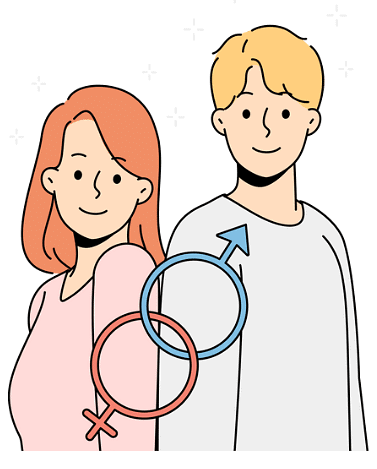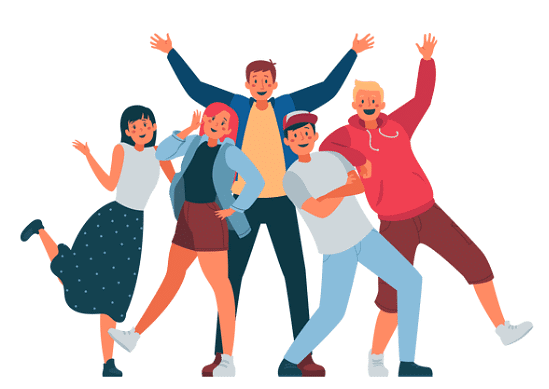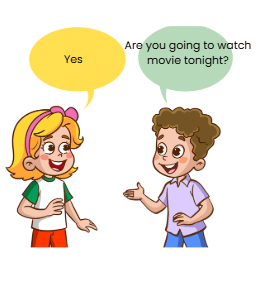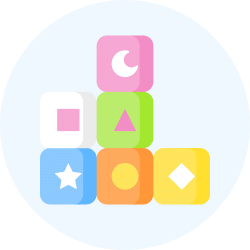Understand Pronouns | English for LKG PDF Download
What are Pronouns?
Pronouns are like little helpers that help us talk about people and things without repeating their names all the time. We will learn when to use "he," "she," "they," and "it" in sentences.

"He" - Talking About Boys and Men
When we talk about a boy or a man, we use the pronoun "he." Let's look at some examples:
 This is Raj. He is a boy.
This is Raj. He is a boy.
- Example 1: Mark is playing. He is happy.
- Example 2: Dad is cooking. He is a good cook.
- Example 3: The firefighter is brave. He helps people.
Remember, we use "he" for boys and men.
"She" - Talking About Girls and Women
When we talk about a girl or a woman, we use the pronoun "she." Let's see some examples:
 This is Reena. She is a Girl.
This is Reena. She is a Girl.
- Example 1: Emma is reading. She loves books.
- Example 2: Mom is driving. She is careful.
- Example 3: The teacher is smart. She teaches us.
Remember, we use "she" for girls and women.
"They" - Talking About More Than One Person or Mixed Groups
When we talk about more than one person or a group that has boys and girls, we use the pronoun "they." Look at these examples: They are friends.
They are friends.
- Example 1: Sarah and Mike are friends. They are playing together.
- Example 2: The kids are singing. They have sweet voices.
- Example 3: My friends are nice. They share their toys.
Remember, we use "they" for groups of people, whether they are boys, girls, or a mix.
"It" - Talking About Things or Animals
When we talk about things, animals, or objects, we use the pronoun "it." Here are some examples:
 This is mikku. It is a dog.
This is mikku. It is a dog.
- Example 1: The ball is red. It bounces.
- Example 2: The cat is cute. It purrs.
- Example 3: The car is fast. It goes zoom!
"I" - Talking About Yourself
When you are talking about yourself, you use the pronoun "I." Let's explore some examples:
 I'm reading a book.
I'm reading a book.
- Example 1: I am painting a picture. I like bright colors.
- Example 2: I am going to the park. I will play on the swings.
- Example 3: I have a new book. I will read it tonight.
Remember, we use "I" when we talk about our own actions or feelings.
"We" - Talking About a Group Including Yourself
When you are part of a group and want to talk about something that includes you and others, you use the pronoun "we." Here are some examples:

We are going on a trip.
- Example 1: My sister and I are baking cookies. We enjoy cooking together.
- Example 2: We are learning new songs at school. We practice every day.
- Example 3: My friends and I are building a fort. We will play in it later.
Remember, we use "we" to talk about actions or experiences that involve ourselves and at least one other person.
"You" - Talking to One Person or More
When you are speaking directly to someone else, whether it's one person or many, you use the pronoun "you." Look at these examples:

- Example 1: You are doing a great job! You should be proud.
- Example 2: Are you coming to the play football tomorrow? You will enjoy it.
- Example 3: You all need to finish your homework. You can play afterward.
Remember, we use "you" when addressing someone directly, regardless of whether it's a single individual or a group.
|
67 videos|173 docs|1 tests
|
FAQs on Understand Pronouns - English for LKG
| 1. What are pronouns? |  |
| 2. Why are pronouns important in sentences? |  |
| 3. Can you give examples of different types of pronouns? |  |
| 4. How do we use pronouns correctly? |  |
| 5. What is the difference between subject pronouns and object pronouns? |  |

















